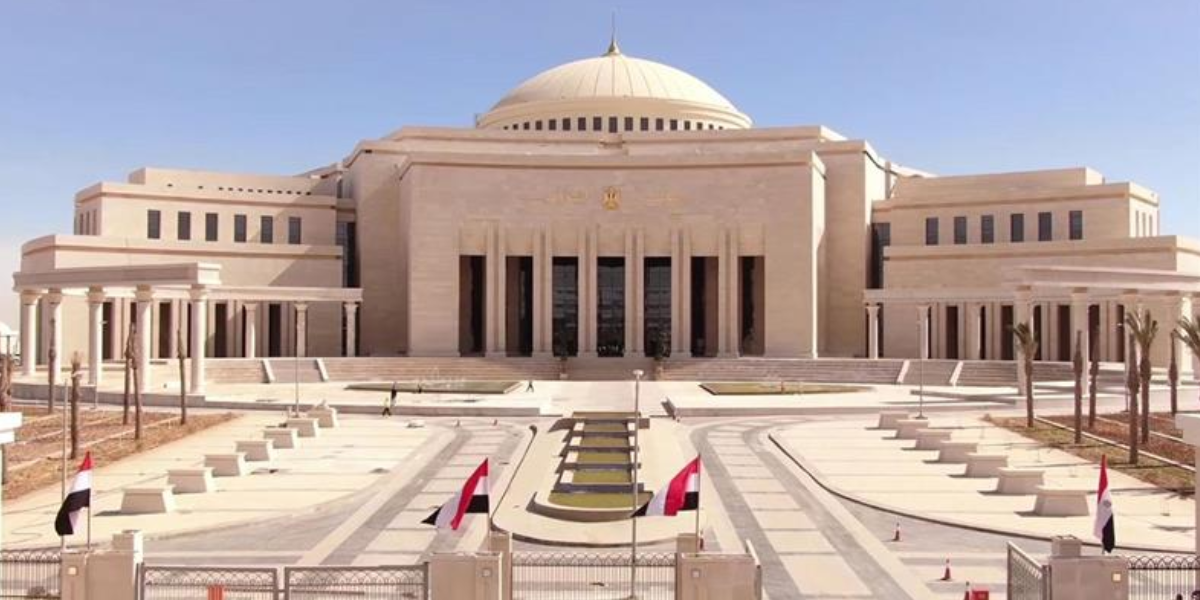The parliament approved a draft law on tax disputes resolution on 30 August 2016. The purpose of the law is to streamline the settlement of pending tax cases. The law covers ongoing tax disputes related to all types of taxes, including individual income tax and corporate income tax.
The most important features of the law are summarised here:
The resolution of tax disputes will be conducted by one or several committees created by the decision of the Minister of Finance. The disputes resolution committees are led by independent tax experts and must include as members a judge and a technical expert from the Egyptian Tax Authority (ETA). A request to end an existing dispute is to be filed with the ETA by the taxpayer. The ETA must allocate the request to the relevant disputes resolution committee within a maximum period of 1 week. The committee will assess the seriousness of the taxpayer’s request within a maximum period of 30 days and notify the court or appeal committee, as the case may be.
The notification will trigger the suspension of the court (or appeal committee) proceedings for 3 months. The suspension is renewable for an additional 3-month period unless the ETA will inform the court (or appeal committee) that the dispute resolution was not successful. If the taxpayer agrees in writing to the recommendation of the disputes resolution committee, the agreement must be reflected in minutes to be signed by the taxpayer. Once approved by the ETA, the minutes become enforceable. Furthermore, the ETA must inform the court or tax appeal committee about the agreement. If the taxpayer does not agree to the recommendation of the disputes resolution committee before the suspension period expires, the court (or appeal committee) is informed accordingly and the proceedings will be resumed.
The tax disputes resolution law will apply for 1 year as of the day following its publication in the Official Gazette. The draft law will abolish Law No. 163 for 2013 and Law No. 159 for 1997.












